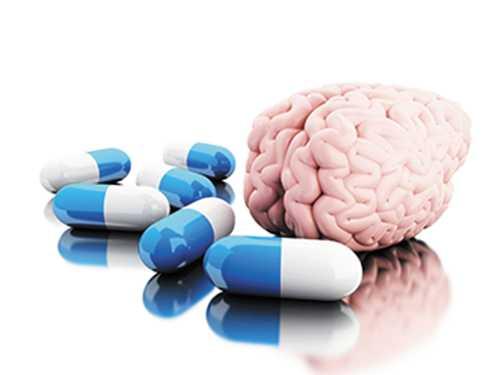Don’t buy into brain health supplements - Harvard Health
Curated from: health.harvard.edu
Ideas, facts & insights covering these topics:
2 ideas
·2.41K reads
10
Explore the World's Best Ideas
Join today and uncover 100+ curated journeys from 50+ topics. Unlock access to our mobile app with extensive features.
Over-The-Counter Pills
About 25 percent of adults above 50 years of age try to improve their brain health and memory by taking supplements.
These pills claim to enhance memory, attention and focus, protecting against Dementia or Alzheimer’s disease, but offer no proof of effectiveness or safety.
92
1.32K reads
Powdered Nutrients: The Facts
- Most pills are a combination of vitamins and minerals, along with omega-3 fatty acids.
- Scientific studies show the natural forms (like fish in case of omega-3 fatty acids) contain the real benefits, and popping supplements do not have the same effect.
- Vitamin E supplements can help to a limited extent but high doses can increase the risk of a hemorrhagic stroke.
- Vitamin B supplements are only to be used if one’s normal diet is not enough for them, or in case of a deficiency.
- Taking time to do some exercise and having a plant-based diet is a better long term health solution.
118
1.08K reads
IDEAS CURATED BY
Gabriela G.'s ideas are part of this journey:
Learn more about health with this collection
Ways to improve productivity
Strategies for reducing stress
Tips for managing email overload
Related collections
Similar ideas
7 ideas
16 ideas
11 Best Foods to Boost Your Brain and Memory
healthline.com
7 ideas
Vegan vs. vegetarian: Differences, benefits, and which is healthier
medicalnewstoday.com
Read & Learn
20x Faster
without
deepstash
with
deepstash
with
deepstash
Personalized microlearning
—
100+ Learning Journeys
—
Access to 200,000+ ideas
—
Access to the mobile app
—
Unlimited idea saving
—
—
Unlimited history
—
—
Unlimited listening to ideas
—
—
Downloading & offline access
—
—
Supercharge your mind with one idea per day
Enter your email and spend 1 minute every day to learn something new.
I agree to receive email updates

